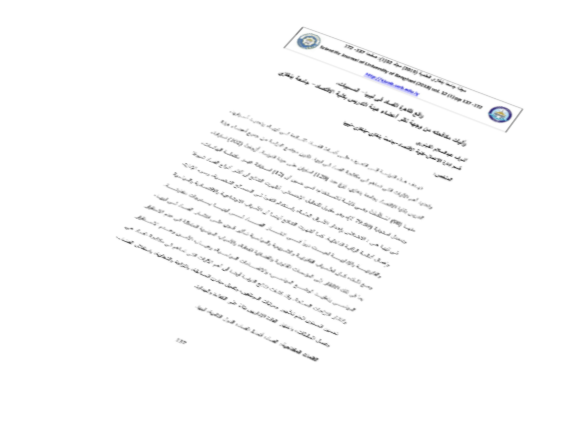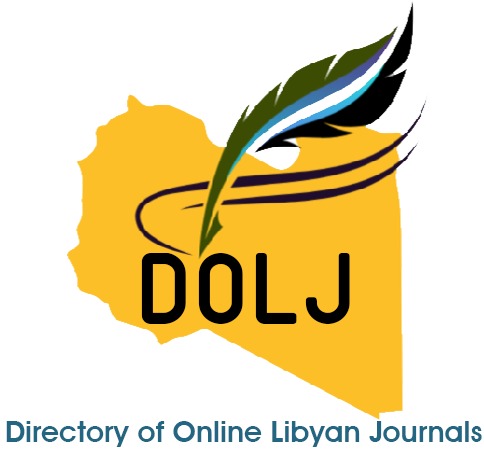واقع ظاهرة الفساد في ليبيا- المسببات، وأليات مكافحته من وجهة نظر أعضاء هيئة التدريس بكلية الاقتصاد- جامعة بنغازي
DOI:
https://doi.org/10.37376/sjuob.v32i1.617Keywords:
Developing countries, Corruption patterns, Corruption, LibyaAbstract
The study aim is to identify the common of corruption patterns in Libya, identify its causes, and identify the most important mechanisms that contribute to the fight against corruption in Libya. Research Population is composed of all staff members of the Faculty of Economics at the University of Benghazi. A total of (120) questionnaire were distributed. (102) questionnaires were returned, of which (90) were completed, while (12) questionnaires were incomplete. The response rate was (79.69%), which is acceptable for statistical analysis. The results showed that the most common patterns of corruption in Libya are embezzlement and waste of public funds, the use of influence and position in personal interests, mismanagement, and neglect of internal control systems. The results also showed that the social, economic, political, legal and administrative causes played a role in the spread of corruption in Libya to varying degrees. However, legal, legislative and political causes have had a strong impact on the spread of corruption in Libya, including the lack of effective legal and judicial institutions, and political causes that are political instability and the complexity of the political situation, political divisions, security instability and the proliferation of armed conflicts. The results of the study revealed that the most significant mechanisms that contribute to corruption combat were improving the general level of employees' wages and salaries, activating the principles of accountability, integrity, transparency, the independence of the judiciary, the separation of powers, and selecting administrative leaders based on competence and merit.
Downloads

Downloads
Published
How to Cite
Issue
Section
License

This work is licensed under a Creative Commons Attribution-NonCommercial-NoDerivatives 4.0 International License.


















